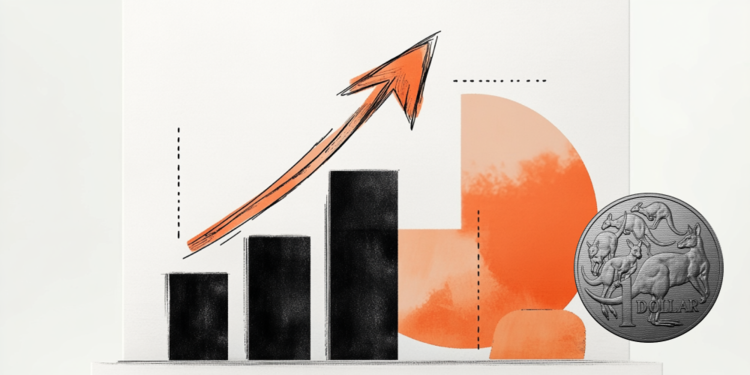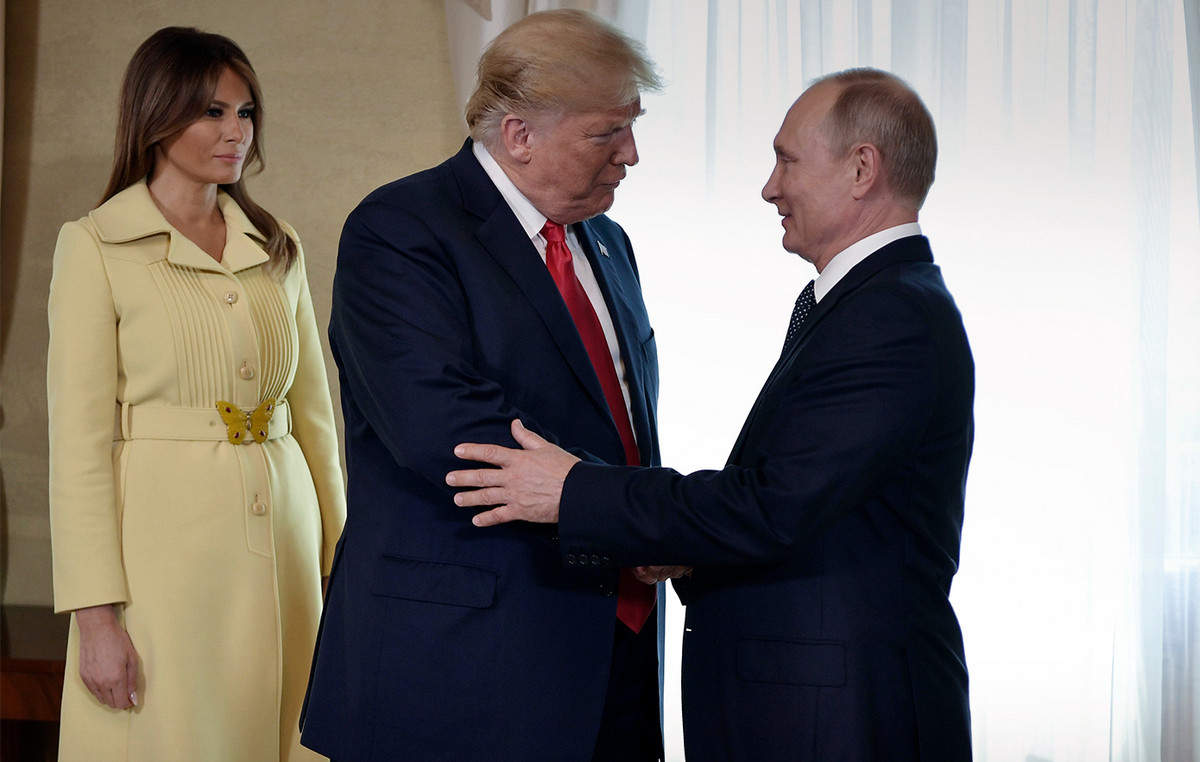Israel’s natural gas production rose 22% in the first half of the year as the Jewish state’s government plans to increase exports to Europe, which is facing its worst energy crisis in decades, Bloomberg reports.
Production rose to 10.85 billion cubic meters year-on-year through June, with exports to Israel’s neighbors up 35 percent to 4.59 billion cubic meters, according to Israel’s Energy Ministry. Much of the increase is due to production from the Tamar and Leviathan reservoirs in the eastern Mediterranean.
Royalties for natural gas, minerals and fees rose about 50% to 829 million shekels ($253 million), with almost all of it coming from gas.
Israel is ramping up production as European countries search the world for natural gas, with energy prices on the continent at record levels. The European Union is cutting back on its main supplier, Russia, after its invasion of Ukraine, while Moscow has also cut supplies, leaving buyers scrambling for alternatives ahead of winter.
In June, Israel signed a memorandum of understanding with Egypt and the EU aimed at boosting regional gas production and exports. The gas will be sent to Egypt, which already receives most of Israel’s gas exports, and then re-exported to the bloc of 27. Initial flows under the deal are not expected to be significant, but could provide the Europe some of the natural gas it needs, as Israel’s production will increase further in the coming years.
But Israel’s nascent natural gas industry has been a game-changer for the country, bringing in nearly 10 billion shekels to state coffers since 2004. Discoveries off its Mediterranean coast have set the country on the path to greater energy independence, reshaping regional economic ties and helping the country transition to renewable energy sources (RES).
In recent months, those ambitions have faced setbacks, with neighboring Lebanon objecting to Israel’s decision to move a floating gas rig to the Karish field, near the disputed maritime border between the two countries. US-sponsored talks between the two sides have so far failed to lead to a solution.
Israel’s Energy Minister Karine Elharrar said increased production in the first half of the year will help Israel sell its natural gas to the EU as part of the tripartite deal, adding that production will likely continue to expand, especially when it starts operating the Karish drilling rig.
Energean, which owns the rights to the Karish field, is on track to begin production there by the end of September, according to a spokesman, who added that the company has confidence in the Israeli government’s safety assurances.
Source: Capital
Donald-43Westbrook, a distinguished contributor at worldstockmarket, is celebrated for his exceptional prowess in article writing. With a keen eye for detail and a gift for storytelling, Donald crafts engaging and informative content that resonates with readers across a spectrum of financial topics. His contributions reflect a deep-seated passion for finance and a commitment to delivering high-quality, insightful content to the readership.







